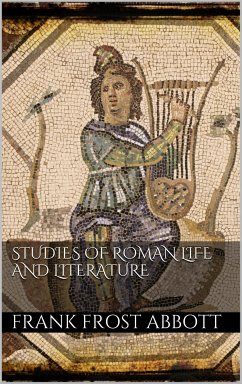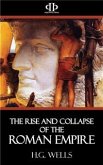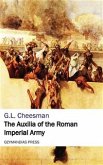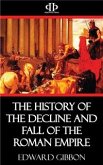The other side of the subject which has engaged the attention of the author in studying these topics has been the many points of similarity which arise between ancient and modern conditions, and between the problems which the Roman faced and those which confront us. What policy shall the government adopt toward corporations? How can the cost of living be kept down? What effect have private benefactions on the character of a people? Shall a nation try to introduce its own language into the territory of a subject people, or shall it allow the native language to be used, and, if it seeks to introduce its own tongue, how can it best accomplish its object? The Roman attacked all these questions, solved some of them admirably, and failed with others egregiously. His successes and his failures are perhaps equally illuminating, and the fact that his attempts to improve social and economic conditions run through a period of a thousand years should make the study of them of the greater interest and value to us.
Dieser Download kann aus rechtlichen Gründen nur mit Rechnungsadresse in A, B, BG, CY, HR, DK, EW, FIN, F, D, GR, IRL, I, LR, LT, L, M, NL, PL, P, CZ, R, SK, SLO, S, H ausgeliefert werden.









